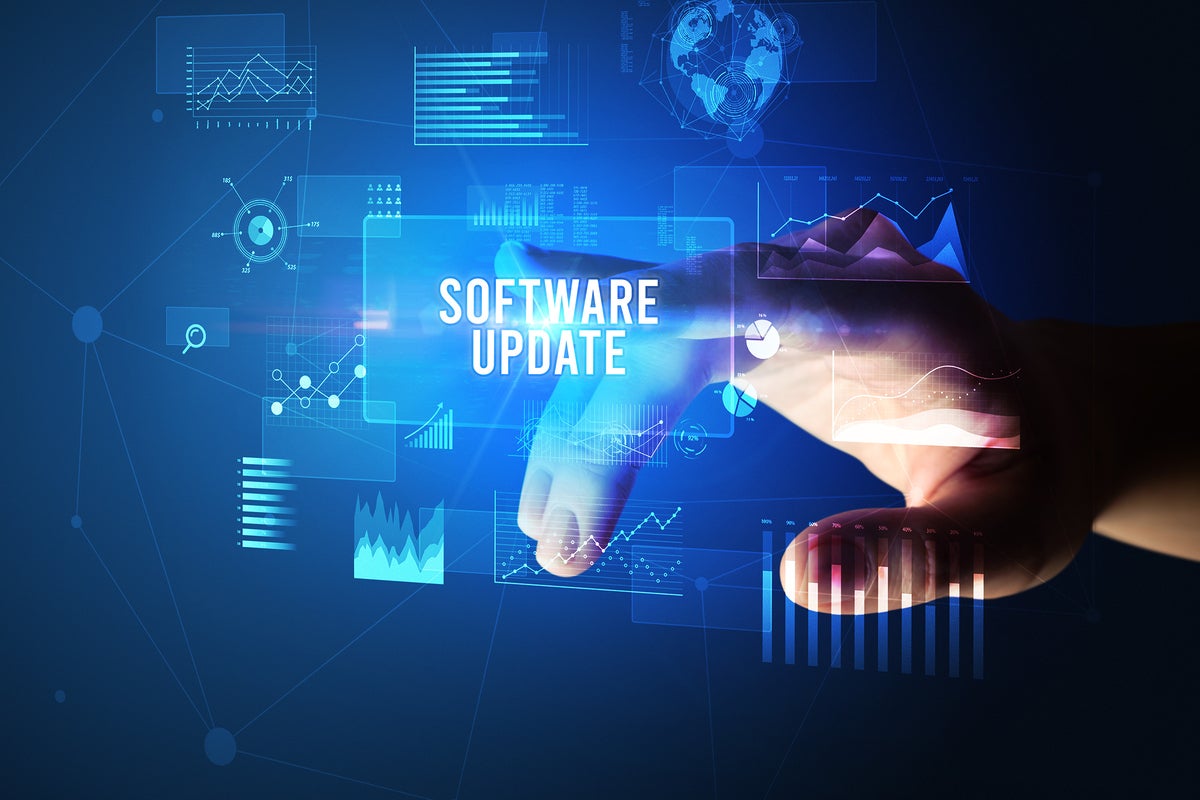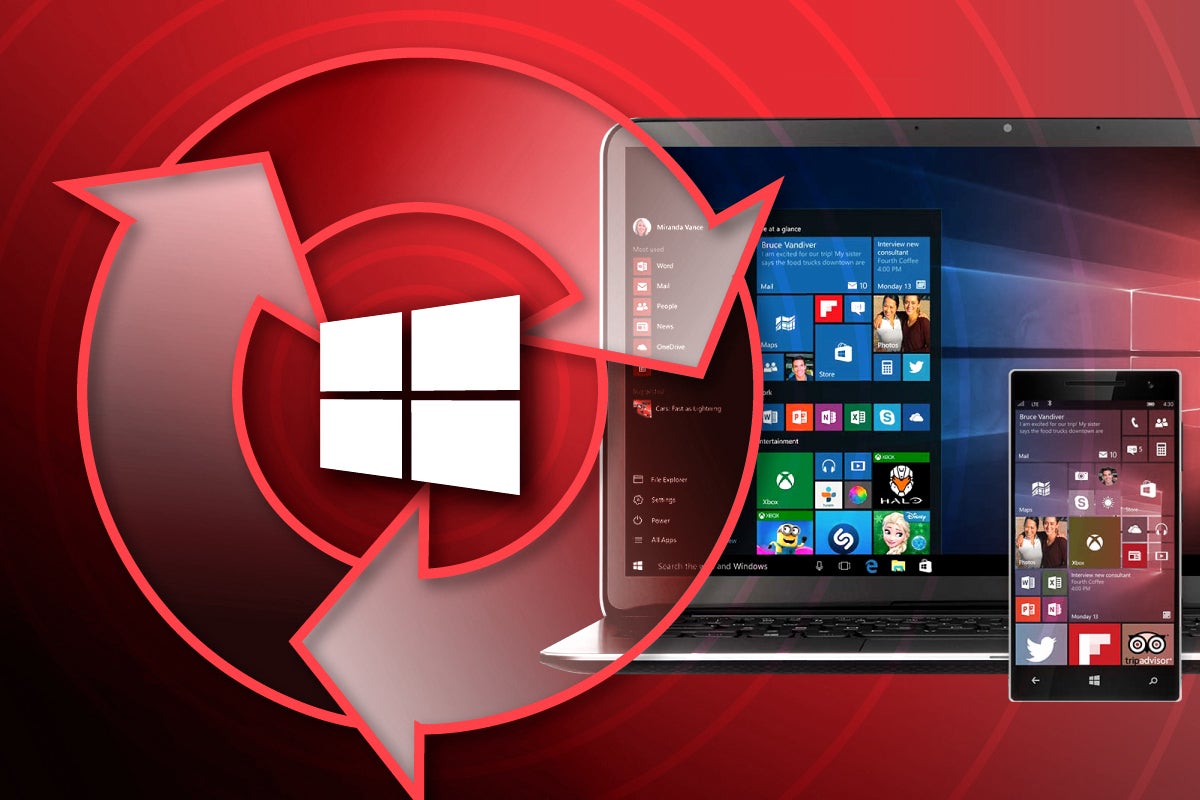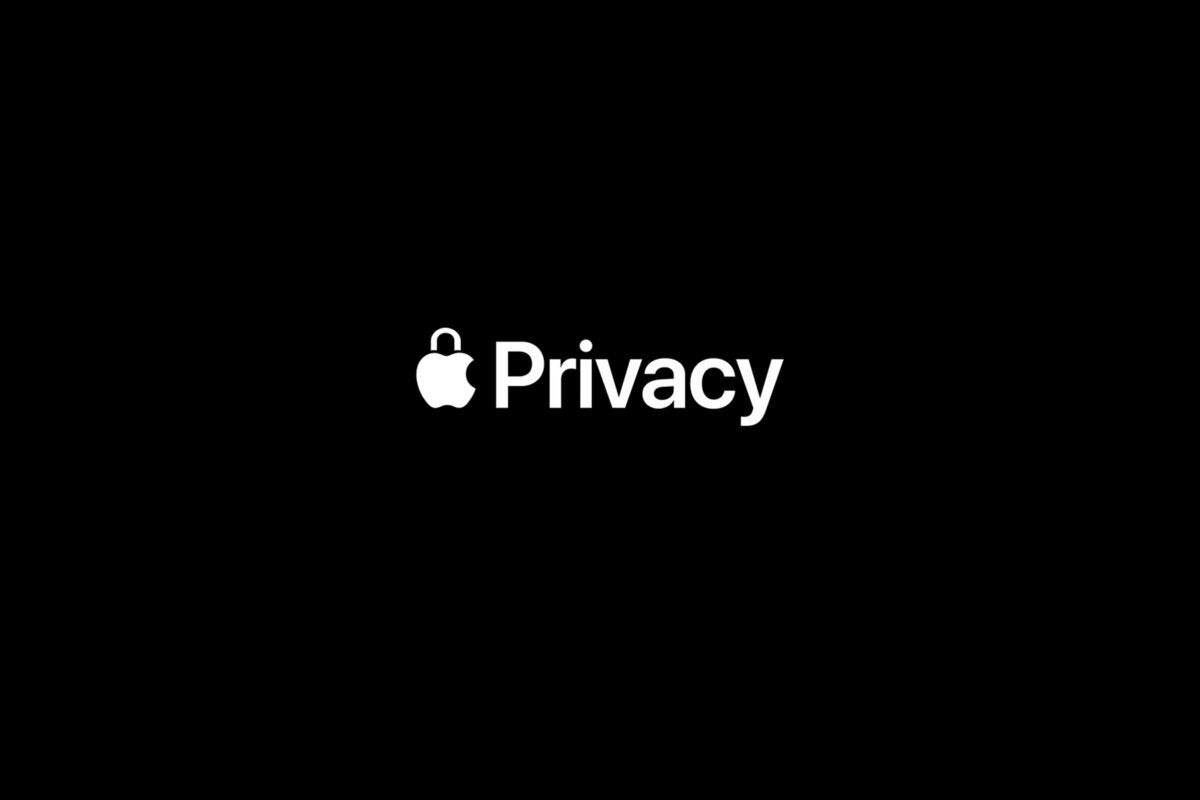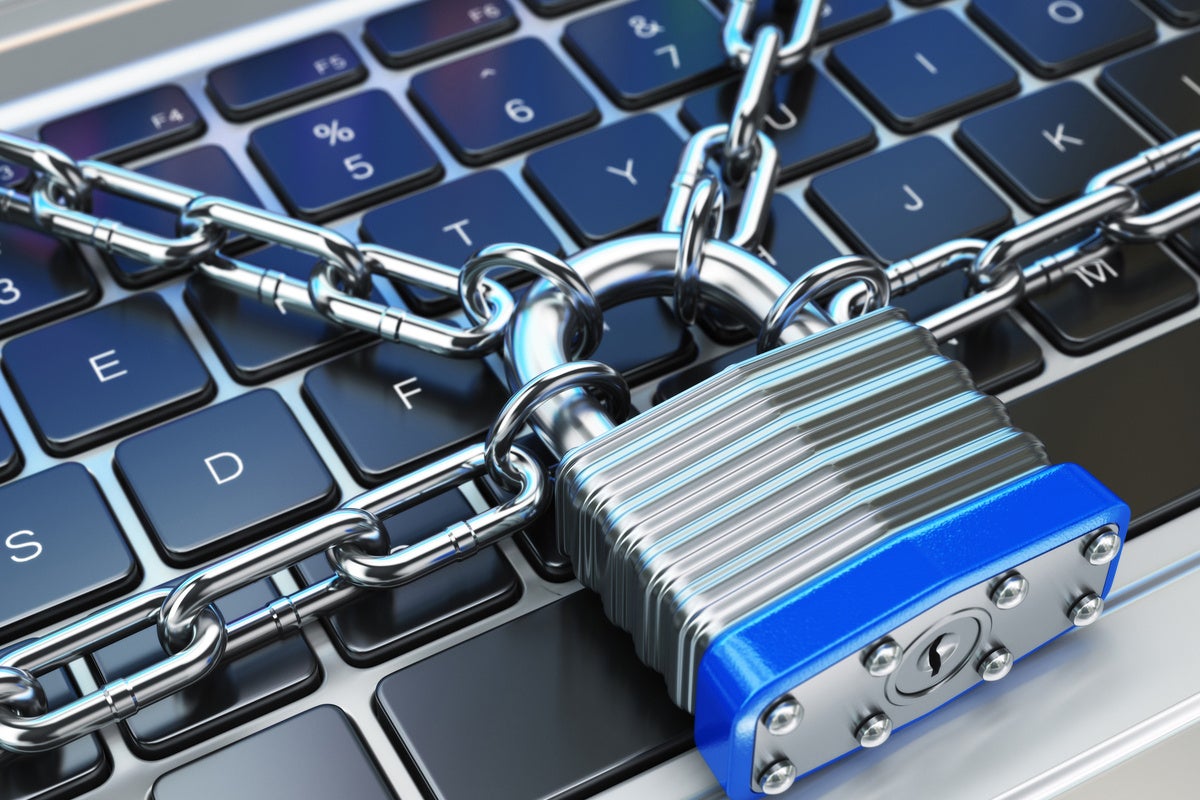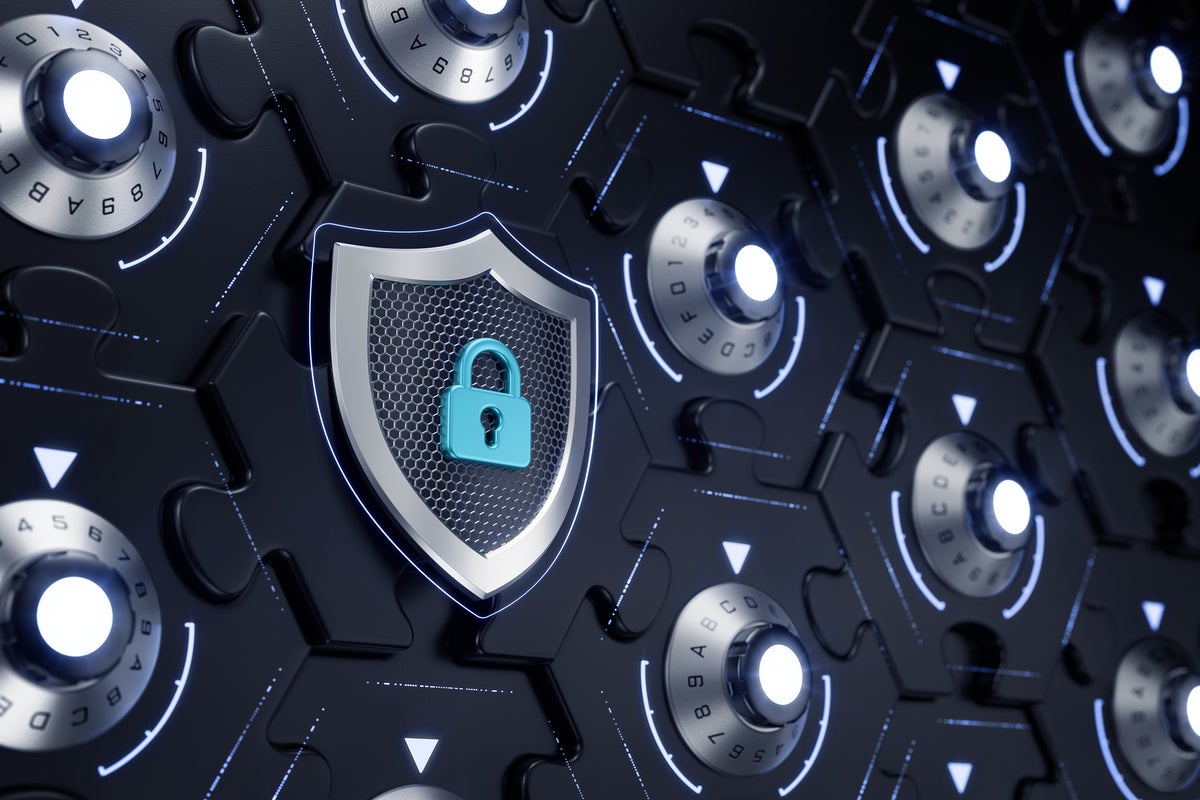Jamf CEO weighs in on Apple deployments and enterprise security

Credit to Author: Jonny Evans| Date: Thu, 27 Jan 2022 08:34:00 -0800
“Apple will become the number one device ecosystem in the enterprise by the end of this decade,” Jamf CEO Dean Hager told me while introducing an in-depth enterprise security trends report that enterprises should look at.
Apple continues to see incredible growth
The nature of enterprise IT is rapidly becoming multiplatform. Jamf recently shared some details concerning the rapid growth in Apple device deployments it is seeing in business. For example, it now has 60,000 active customers, up from 36,000 two years before that – and believes new services such as Apple Business Essentials will help maintain this growth.
